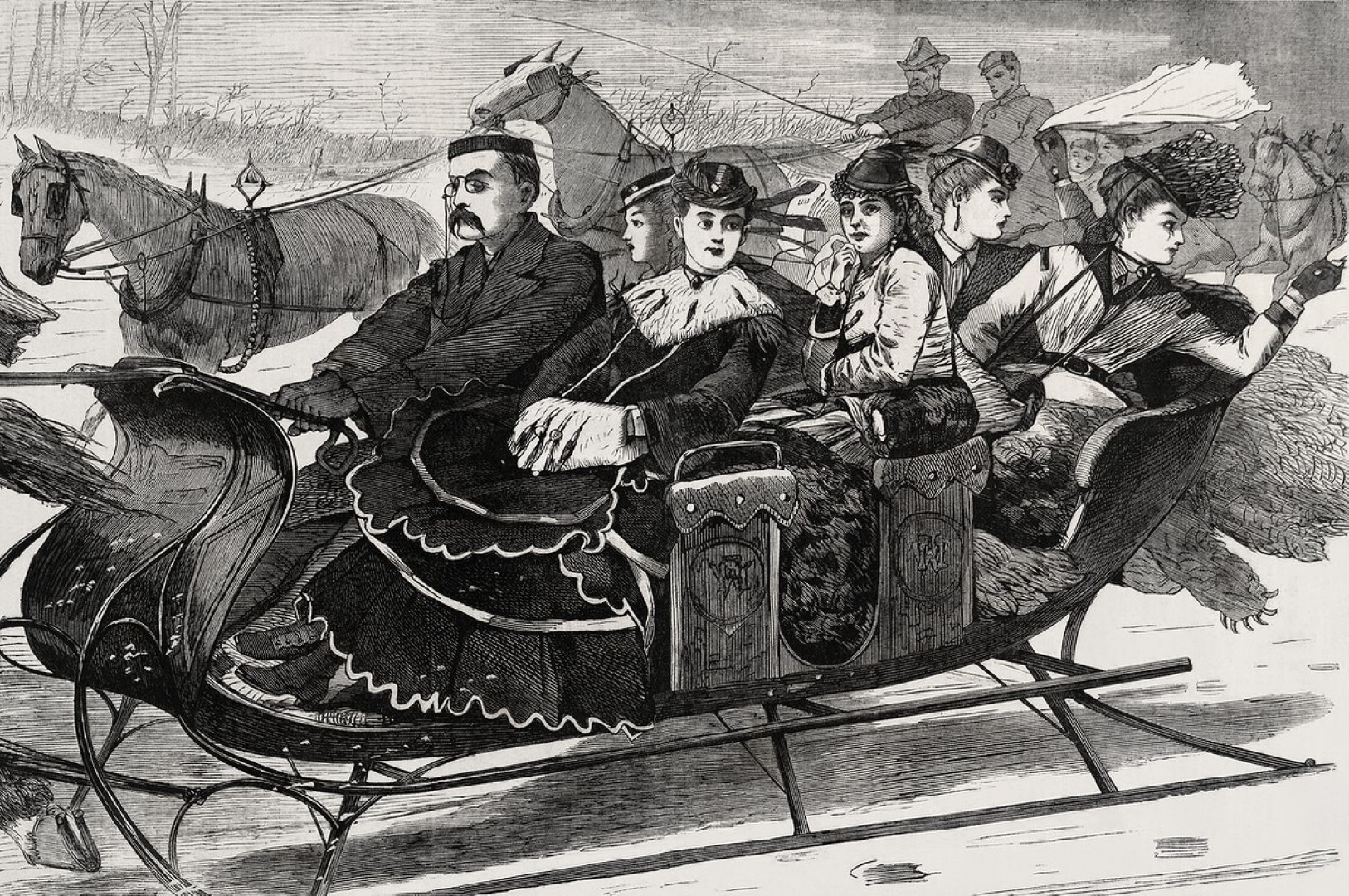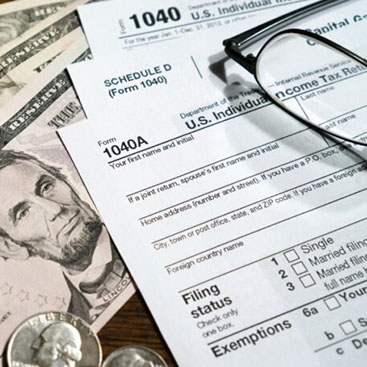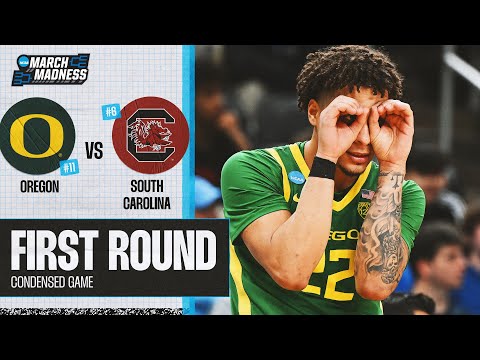The Future of West Flagler, the Seminoles, and Florida Sports Betting
In recent years, the landscape of sports betting in the United States has been rapidly changing. With the repeal of the Professional and Amateur Sports Protection Act (PASPA) in 2018, individual states have been given the power to legalize and regulate sports betting within their borders. This has opened up a world of possibilities for both sports enthusiasts and businesses alike.
One state that has been closely watching these developments is Florida. Known for its vibrant sports culture and avid fan base, Florida has long been a hotbed for sports betting. However, until now, it has been limited to illegal offshore platforms or underground bookies. The legalization of sports betting in Florida could potentially revolutionize the industry in the state and have a significant impact on local businesses and communities.
One key player in this unfolding story is West Flagler Associates, a company that operates Magic City Casino and Flagler Dog Track in Miami. West Flagler has been at the forefront of efforts to expand gambling options in Florida, including sports betting. They have been actively lobbying the state legislature to allow them to offer sports betting at their facilities.
However, the road to legalized sports betting in Florida has not been without its challenges. One major hurdle is the ongoing dispute between the state government and the Seminole Tribe of Florida. The Seminoles operate several casinos in the state and have exclusive rights to offer certain types of gambling, including slot machines. Any expansion of gambling in Florida would require a renegotiation of the compact between the state and the tribe.
The Seminole Tribe has expressed concerns about the potential impact of sports betting on their existing operations. They argue that any expansion of gambling should be done in a way that protects their exclusivity and ensures a fair share of revenue for the tribe. Negotiations between the state and the tribe are ongoing, and finding a mutually beneficial solution will be crucial for the future of sports betting in Florida.
If sports betting is legalized in Florida, it could have far-reaching effects on the local economy. The industry has the potential to generate significant tax revenue for the state, which could be used to fund education, infrastructure, and other public services. It could also create new job opportunities and attract tourism, as sports enthusiasts from around the country flock to Florida to place their bets.
In addition to the economic benefits, legalizing sports betting could also provide a safer and more regulated environment for bettors. Offshore platforms and illegal bookies often operate without any oversight, leaving consumers vulnerable to fraud and exploitation. By legalizing and regulating sports betting, Florida can ensure that consumers are protected and that the industry operates with integrity.
The future of West Flagler, the Seminoles, and Florida sports betting is still uncertain. The outcome of ongoing negotiations between the state government and the Seminole Tribe will play a crucial role in shaping the industry’s future. However, one thing is clear: the potential legalization of sports betting in Florida has the power to transform the state’s gambling landscape and bring about significant economic and social benefits. Only time will tell how this story unfolds, but one thing is for certain: Florida sports betting is a topic that will continue to capture the attention of sports enthusiasts, businesses, and policymakers alike.



